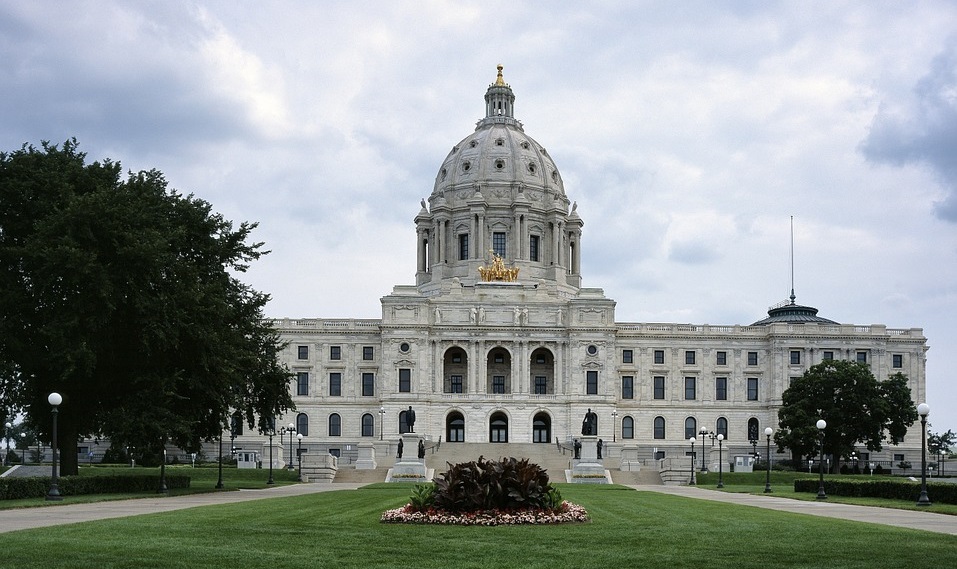Minnesota
Minnesota lawmakers worry local sales taxes would be unfair

MINNEAPOLIS (AP) — Minnesota cities are imposing local sales taxes more than ever before, and state lawmakers are concerned it could give communities with more retailers an unfair advantage.
Legislators allowed 18 cities in 2019 to add or extend a sales tax and 14 in 2017, which is a dramatic jump from previous years when the state signed off on fewer than two local sales taxes per year on average.
Local officials rely heavily on these local sales taxes to pay for millions of dollars in new projects and expenses without raising property taxes, the Star Tribune reported.
“Cities are looking for ways to try to alleviate the burden on property taxpayers, and yet they have a lot of these increased demands,” said House Tax Committee Chairman Paul Marquart, one of the legislators concerned about potential disparities between cities with and without sales taxes.
Lawmakers, wanting to limit cities use of sales taxes, changed the requirements for cities to adopt a local tax plan last session in an effort to limit . Cities cannot use the money for more than five infrastructure projects. They must provide the Legislature with more detail about how the money would be allocated and document the projects’ broader significance to the region. City leaders also have to come to the Legislature first for approval of a tax plan before taking the idea to voters.
Lawmakers also included a warning in the legislation they passed last session, noting that those taxes could increase inequality between communities.
Despite these changes, local officials and lawmakers said they expect this trend to continue this year.
Gary Carlson, League of Minnesota Cities lobbyist, estimated about a dozen cities are planning to ask to implement tax plans. Local officials have until Friday to submit proposals for approval this year.
The local taxes are in addition to the state sales tax of 6.875%. But certain items like food and clothing are exempt.
St. Paul is among the cities that recently announced plans to add a local sales tax. City officials said last week they would like to add a 1% tax that would be spent on prekindergarten services, roads and housing.







